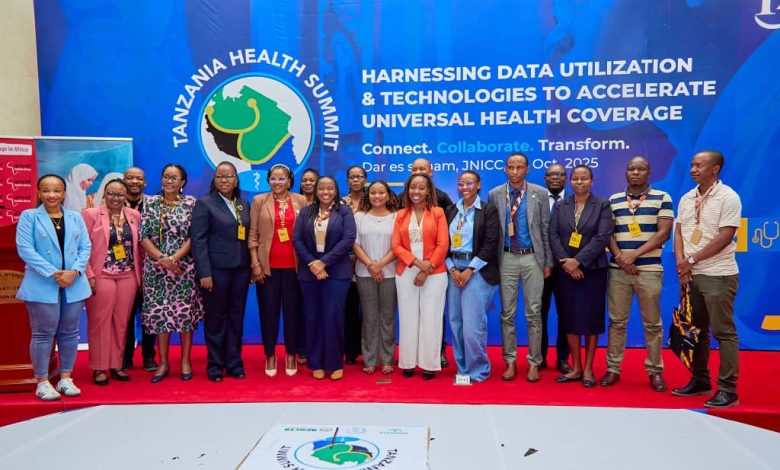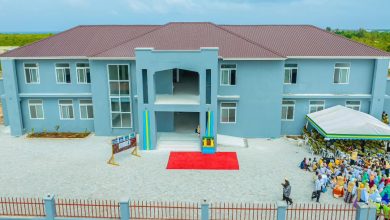Study: See how shade trees in fields prevent health risks for farmers

DAR ES SALAAM: TANZANIAN researchers have determined how trees protect farmers from extreme heat after collecting preliminary evidence among farmers in the Dodoma region and determining that the presence of trees in crop fields, i.e. intercropping, is a strong protection against health risks arising from extreme heat.
The study called Kisiki Hai Sustainable Heat Adaptation Development (KISHADE), is led by the LEAD Foundation, working with other partners such as the London School of Hygiene and Tropical Medicine, the University of Dar es Salaam (UDSM), the University of Dodoma (UDOM), the Muhimbili National Hospital (MNH), and Meta Meta.
Speaking to journalists in Dar es Salaam during the Tanzania Health Summit, Gumy Mrisho from the Lead Foundation said they have planted 30 million trees to see how they can help farmers adapt to the changing climate in their areas.
“We know the health effects of increased sunlight, so we want to look at how trees in the fields reduce the effects of heat stress, which causes dehydration in the body. The goal is to develop guidelines that will help people who work in the sun to avoid the effects,” he stressed.

A specialist in internal medicine and project coordinator from the LEAD Foundation, Dr Faraja Chiwanga, said research has shown that planting trees on farms can combat extreme heat but is also a way to cope with climate change.
“We like natural methods because they do not cost the farmer money and are easy for them to water, especially the trees that are sprouting, and the farmer does not need to plant them. We have gone to areas where farmers have been implementing the living stump project on the farm; they maintain trees through natural regeneration, there is a difference with those who do not have trees on the farms,” she stressed.
She said that trees help them protect their health, and their bodies do not experience significant stress on kidney indicators, despite a lack of water. They also monitored their heart rate.
“These risks are exacerbated by the lack of shade and heat-reducing infrastructure in agricultural environments, making extreme heat a major constraint to human well-being and economic production.”
She added. “This KISHADE study helps identify the positive impact of trees in reducing health risks and develop practical, evidence-based strategies for managing extreme heat in farming communities. To understand how trees benefit, scientists in this study spoke with farmers and observed them at work to comprehend their daily challenges.
She says the farmers used wearable sensors to measure their body temperature and heart rate in real time.
Dr says the researchers also took urine and blood samples to monitor any health problems caused by heat. By comparing data from farmers who work near trees with those who do not, and using advanced sensors to measure the climate of the area, the study can confirm exactly how trees protect farmers’ health.
Dr Richard Sambaiga, Head of the Department of Sociology and Anthropology at the University of Dar es Salaam (UDSM) and coordinator of the KISHADE project, stresses the importance of involving communities in this research, while demonstrating their responsiveness.
He said that the KISHADE project is already showing positive results, with the research team receiving strong support from local communities and an advisory board, which has made it easier to involve farmers in obtaining reliable data.
The KISHADE project is also building local capacity by providing essential skills and training to new researchers to ensure that the legacy of this work will extend beyond the completion of the study.





